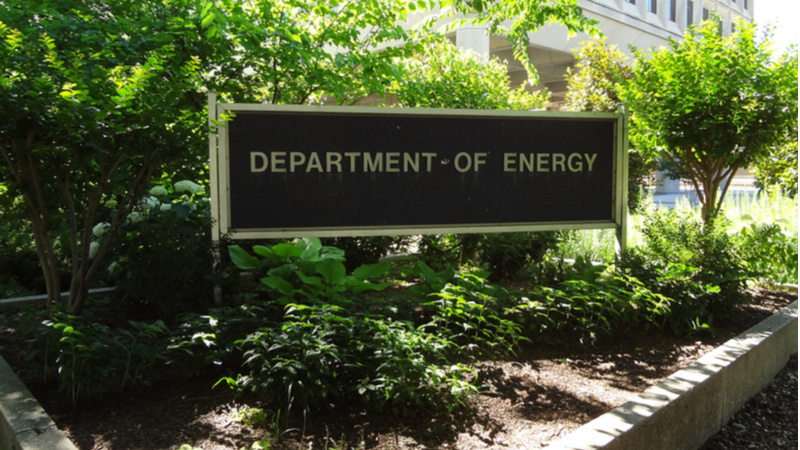
The Department of Energy (DoE) has released a new Fusion Energy Strategy, keeping its 2022 promise to develop a strategy for accelerating the viability of commercial fusion energy in partnership with the private sector.
At a June 6 White House event co-hosted by the Office of Science and Technology Policy, DoE announced several new initiatives alongside the fusion energy strategy – including a $180 million funding opportunity for Fusion Innovative Research Engine (FIRE) Collaboratives.
On June 6, 2022, the Biden-Harris administration launched its U.S. Bold Decadal Vision for Commercial Fusion Energy.
This year’s White House event – held on the two-year anniversary of the launch of the administration’s fusion energy vision – aimed to further build awareness and support for fusion energy development by recognizing the tangible progress that the Biden-Harris administration has driven to help realize the ambitious goals of the U.S. Bold Decadal Vision, as well as the significant challenges and opportunities that remain for fusion commercialization.
“With today’s announcements, DOE has shown once again that we are ambitiously implementing our U.S. Bold Decadal Vision for Commercial Fusion Energy,” DoE Deputy Secretary David Turk said in a statement.
“We will leverage the opportunities enabled by our world-leading public and private fusion leadership, including humanity’s first-ever demonstration of fusion ignition at our National Ignition Facility as well as major new advances in technologies such as high-temperature superconductors, advanced materials, and artificial intelligence to accelerate fusion energy,” Turks said. “The development of fusion energy as a clean, safe, abundant energy source has become a global race, and the U.S. will stay in the lead.”
The newly released DoE Fusion Energy Strategy 2024 is organized around three pillars: closing the science and technology gaps to a commercially relevant fusion pilot plant; preparing the path to sustainable, equitable commercial fusion deployment; and building and leveraging external partnerships.
In support of DoE’s fusion energy strategy, DoE also announced a $180 million funding opportunity for FIRE Collaboratives. The FIRE Collaboratives are aimed at supporting the further creation of a fusion innovation ecosystem by forming teams that will have a collective goal of bridging the department’s Fusion Energy Sciences (FES) program’s foundational and enabling science research with the needs of the growing fusion industry.
“These Collaboratives are envisioned as dynamic hubs of innovation to help bolster US-based manufacturing and supply chains, driving advancements in fusion energy research in collaboration with both public and private entities,” DoE said. Pre-applications are due on July 9.
DoE announced other initiatives, including a new FES vision entitled “Building Bridges.” Paired with the new strategy, DoE said these documents will guide future investments in fusion energy research, development, and demonstration. As part of the Building Bridges vision, FES will develop a national fusion science and technology roadmap.
DoE also released a request for information on a proposed Fusion Energy Public-Private Consortium Framework (PPCF). The PPCF aims to complement the FIRE Collaboratives by catalyzing and bringing together state and local government, private, philanthropic funding, as well as new partnerships, to accelerate fusion commercialization. Reponses are due on July 22.
Finally, the department announced that all eight selectees signed agreements to be participants in the Milestone-Based Fusion Development Program, which is designed to catalyze further private investments into fusion commercialization and helps companies resolve critical-path scientific, technological, and commercialization challenges on the path toward a pilot-scale demonstration of fusion energy.
